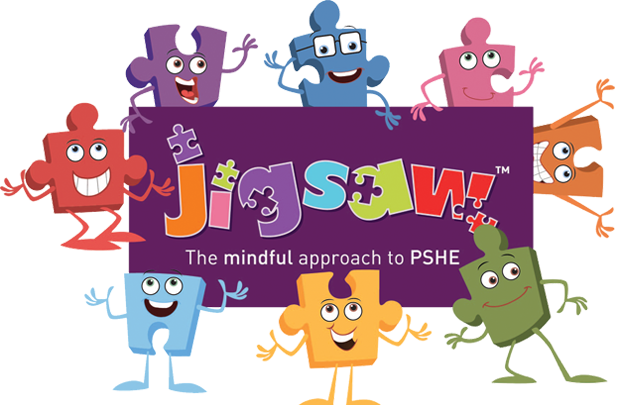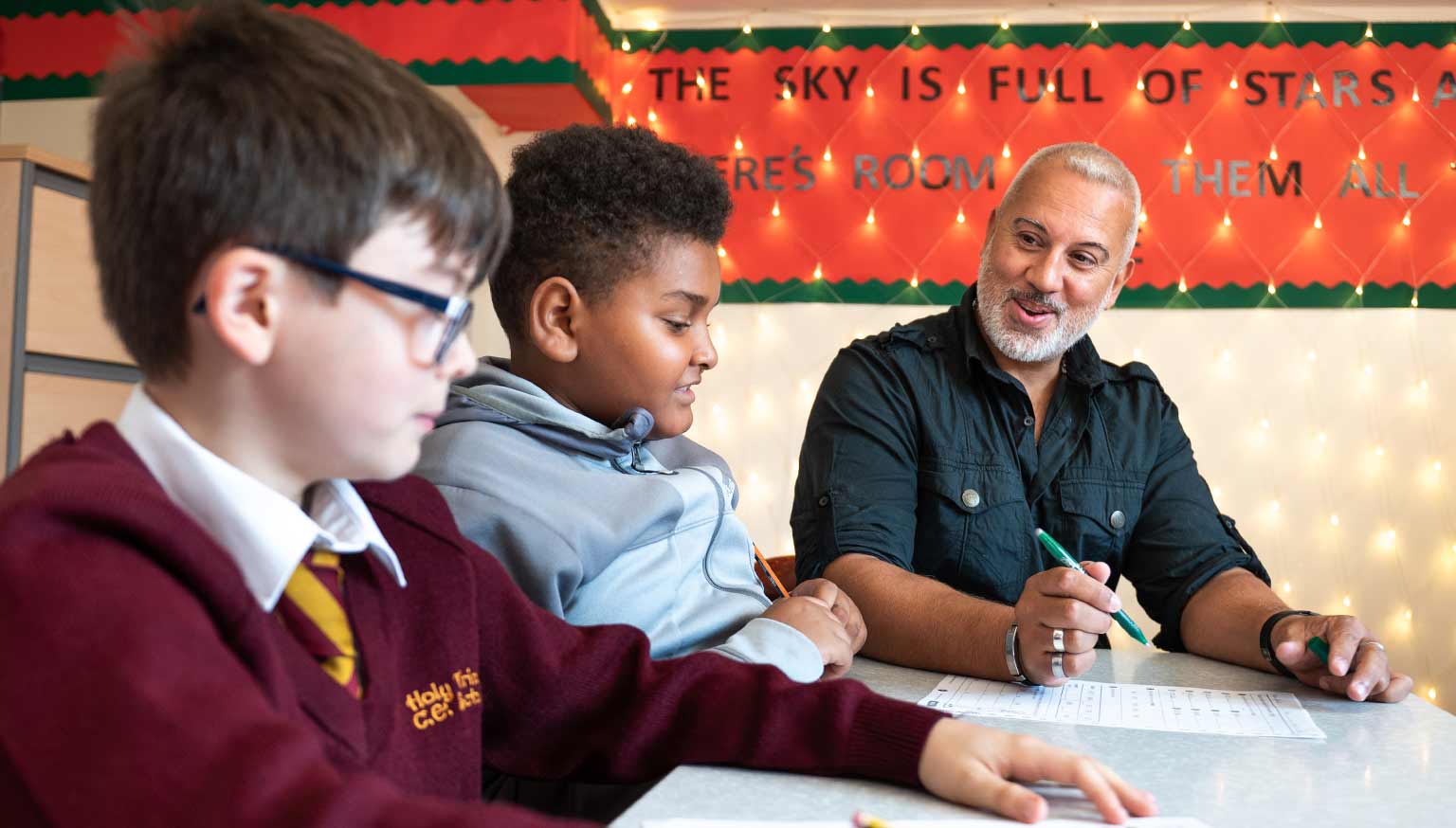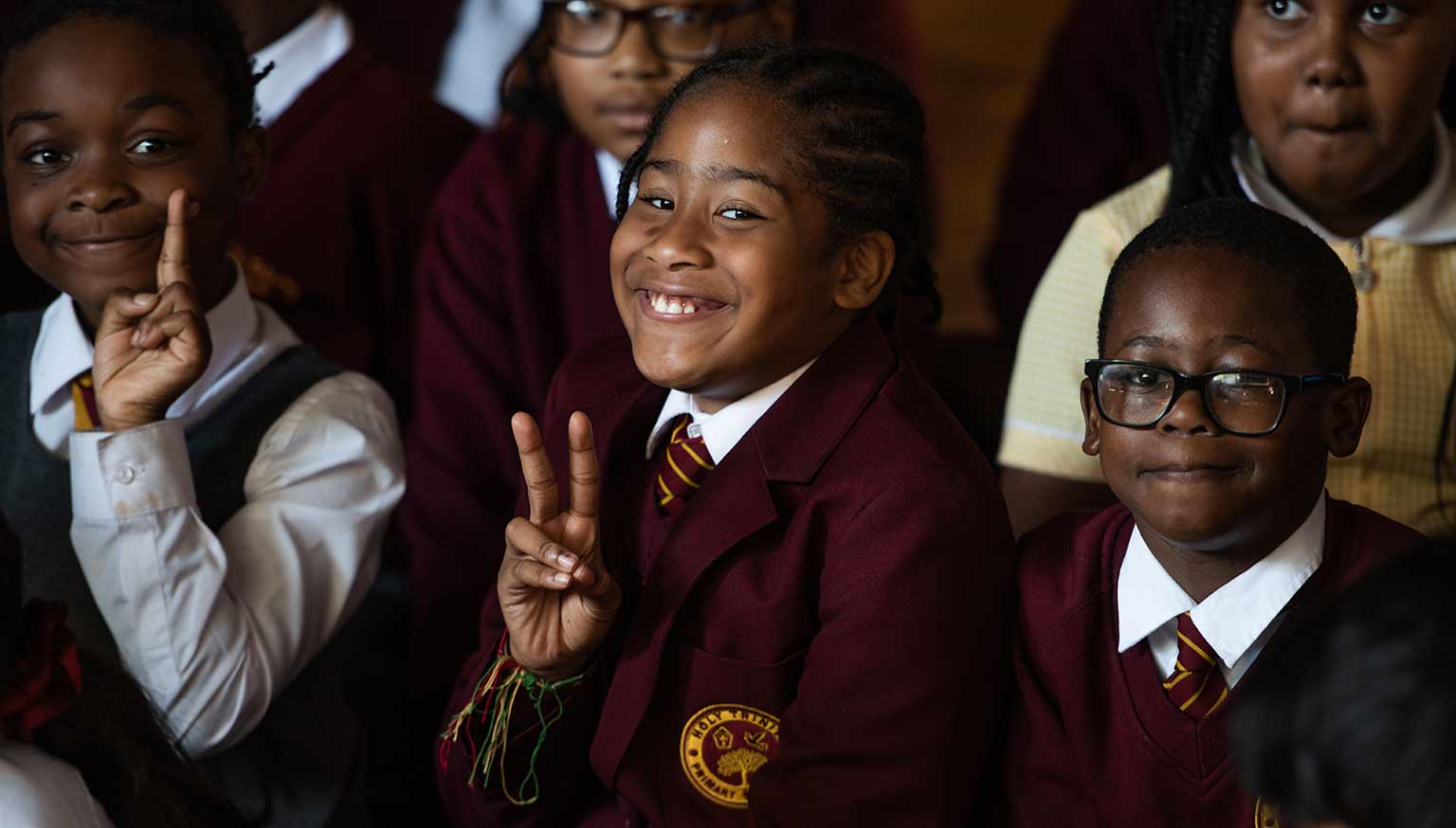
Subject Leader : Tricia Moore-Hall
PSHE Education (Personal, Social, Health and Economic Education) is a planned programme of learning through which children and young people acquire the knowledge, understanding and skills they need to manage their lives successfully – now and in the future.

At Holy Trinity CE Primary School, it is our intent that all pupils will be resilient ‘lifelong learners’ with a developed sense of self-worth, which encourages them to play a positive role in school life and the wider community. Through use of the Jigsaw scheme, our pupils acquire knowledge, understanding and the skills they require to prepare them for life. This helps them to know and value who they are and understand how they relate to other people in this ever-changing world.
Through the delivery of PSHE and RSE, our pupils acquire knowledge, understanding and the skills they require to prepare them for life. This helps them to know and value who they are and understand how to relate to other people in this ever-changing world.
The aims of PSHE and Jigsaw within Holy Trinity are to provide children with:
- accurate and relevant knowledge
- opportunities to create personal understanding
- opportunities to explore and challenge a range of values, attitudes, beliefs, rights and responsibilities
- a range of skills and strategies to live a healthy, safe, fulfilling, responsible and balanced life
Our PSHE sessions are taught weekly by every class, as part of the ‘Jigsaw’ scheme of work.
Jigsaw is a whole-school approach and embodies a positive philosophy and creative teaching. The learning activities nurture children’s development as compassionate and well-rounded human beings, as well as building their capacity to learn.

There are six Puzzles (half-term units of work) and each year group does one lesson per week. The delivery of lessons is in an age- and stage-appropriate way so that they meet children’s needs.
Each Puzzle starts with an introductory assembly, generating a whole school focus for adults and children alike. The Jigsaw programme includes all the statutory requirements for Relationships and Health Education, and Sex Education is also included in the Changing Me Puzzle (unit).
In addition to our PSHE Jigsaw curriculum, Holy Trinity offers support and adapts its PSHE curriculum in the following areas: E-Safety, Healthy Schools, SEND, school council; as well as developing the emotional literacy of its pupils through Friendship Fortnight, Anti-Bullying Week and Wellbeing Ambassadors. Additional professional support and advice is also sought from organisations such as CAMHS.
At Holy Trinity CE Primary School, we aim for all our children to grow as lifelong learners and ensure that we provide the support that is necessary for all pupils both in class and through additional support.

Through our PSHE education, we believe that we can enhance pupils’ education and help them to become caring, respectful and confident individuals. Teachers use multiple methods to evaluate the impact of their teaching on pupils learning, to ensure that pupils make progress.
The range of methods used include:
- Continuous assessment from teachers during individual lessons, to adapt and plan for necessary changes within the scheme based on individual need.
- Pupil voice surveys, to assess knowledge of themselves as learners
- Circle times and whole school worship allow opportunities to address needs as they arise.
- Through metacognition and a growth mindset approach, pupils are able to explain their learning and identify their own areas for development.
- Book scrutinies and learning walks are used to gain a holistic understanding of the whole child’s learning, including taking pride in their work and self-confidence.
By the time children leave our school they will have:
- A ready willingness and ability to try new things, push themselves and persevere
- A good understanding of how to stay safe, healthy and develop good relationships.
- An appreciation of what it means to be a positive member of a diverse, multicultural society.
- A strong self-awareness, interlinked with compassion of others.
